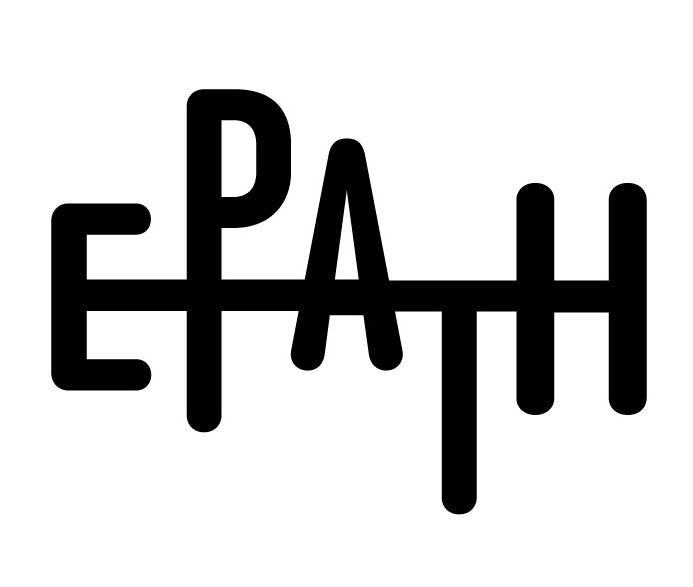Transgender Health Care in Europe
Different European countries (Armenia, Iceland, Czech Republic, and the UK) have been selected to discuss transgender health care in the respective country. Confirmed speakers are:
Dr. Alyona Malkhasyan
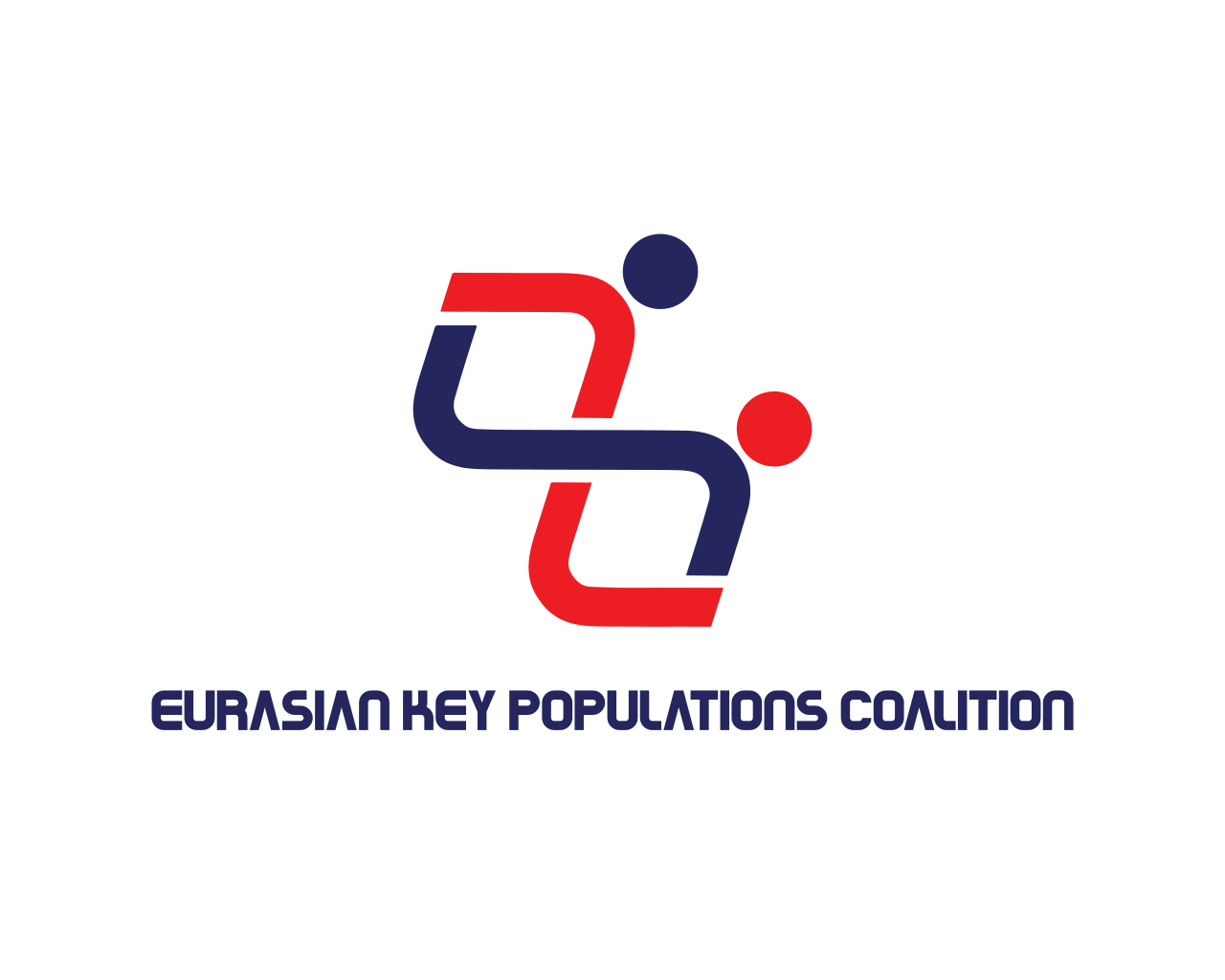
Transgender healthcare in Eastern Europe and Central Asia
In recent years, in Eastern Europe and Central Asia (EECA) region, Trans*gender public health, clinical epidemiology, and medicine have begun to garner increasing interest, attention, and support as “legitimate” areas of scientific inquiry and domains for Trans*gender clinical care innovation thanks to the #SoS_project funded by GFTAM through Alliance for Public Health (#APH) and implemented by Eurasian Key Populations Coalition (#EKPC). Accompanying this growth, and perhaps non-bi-directionally influencing it, has been a paradigmatic shift in the field of Trans*gender health moving away from conceptualizing Trans*gender as a “disorder” and toward conceptualizing Trans*gender as an “identity.” Indeed, as gender diversity is becoming increasingly depathologized in EECA region, there is beginning to be greater recognition of the proliferation of gender identities and heterogeneous gender presentations that exist for Trans*gender people.
Based on #EKPC available research and empirical data review, Trans*gender people in EECA region differ from Cisgender people on demographics (younger age, more male assigned sex at birth, more sexual minority identified, lower educational engagement, less privately insured), gender affirmation (higher levels of internalized transphobia, less current medical gender affirmation, higher visual gender nonconformity), healthcare utilization (less routine engagement in healthcare, more teaching of healthcare providers to obtain appropriate care), mental health (more depression and anxiety, more unmet need for mental health services), substance use (greater alcohol and drug misuse), and violence victimization (more experiences of victimization).
Through its strategic Trans* funding instrument in the region, EKPC continues to operate in about 16 countries in the EECA region, changing the lives of Trans*gender people and making a difference in their lives and wellbeing both in health and rights aspects.
Bio
Dr. Alyona Malkhasyan possess diploma of Master of Sciences from Yerevan State University and Doctor of Biology from Armenian National Academy of Sciences with continued study at Prague Charles University MS in Social Epidemiology. Main topics of her studies are immunology, virology and immunogenetic. She is the author of 17 scientific publications, including studies and research and 23 books and IEC.
From 2006 – 2016, she was the elected chair of “We For Civil Equality” community based NGO in Armenia working on HIV/AIDS prevention, treatment and care among key population. Since 2011, she is the Executive Director of the South Caucasian HIV/AIDS Network and since 2015 the Chair of Eurasian Key Populations Coalition. She acts as the Rector of the Eurasian Gender Academy, was UNAIDS Board member, EATG Ombudsperson and currently is GFTAM TRP member. Alyona is also an Expert on SOGIE in the Council of Europe, Founding chair of the Global Experts Group on Gender and HIV and a Member of the UN reference group for the Joint evaluation on preventing and responding to violence against women and girls. She worked as a Consultant, expert, Peer-reviewer, trainer for UNDP, WHO, UNFPI, USAIDS, USAID, PEPFAR, amfAR, GFTAM, EATG, EQUITAS, SIDA, ILGA, TGEU, IAS, CoE, MPACT, etc.
Dr. Elsa Bára Traustadóttir
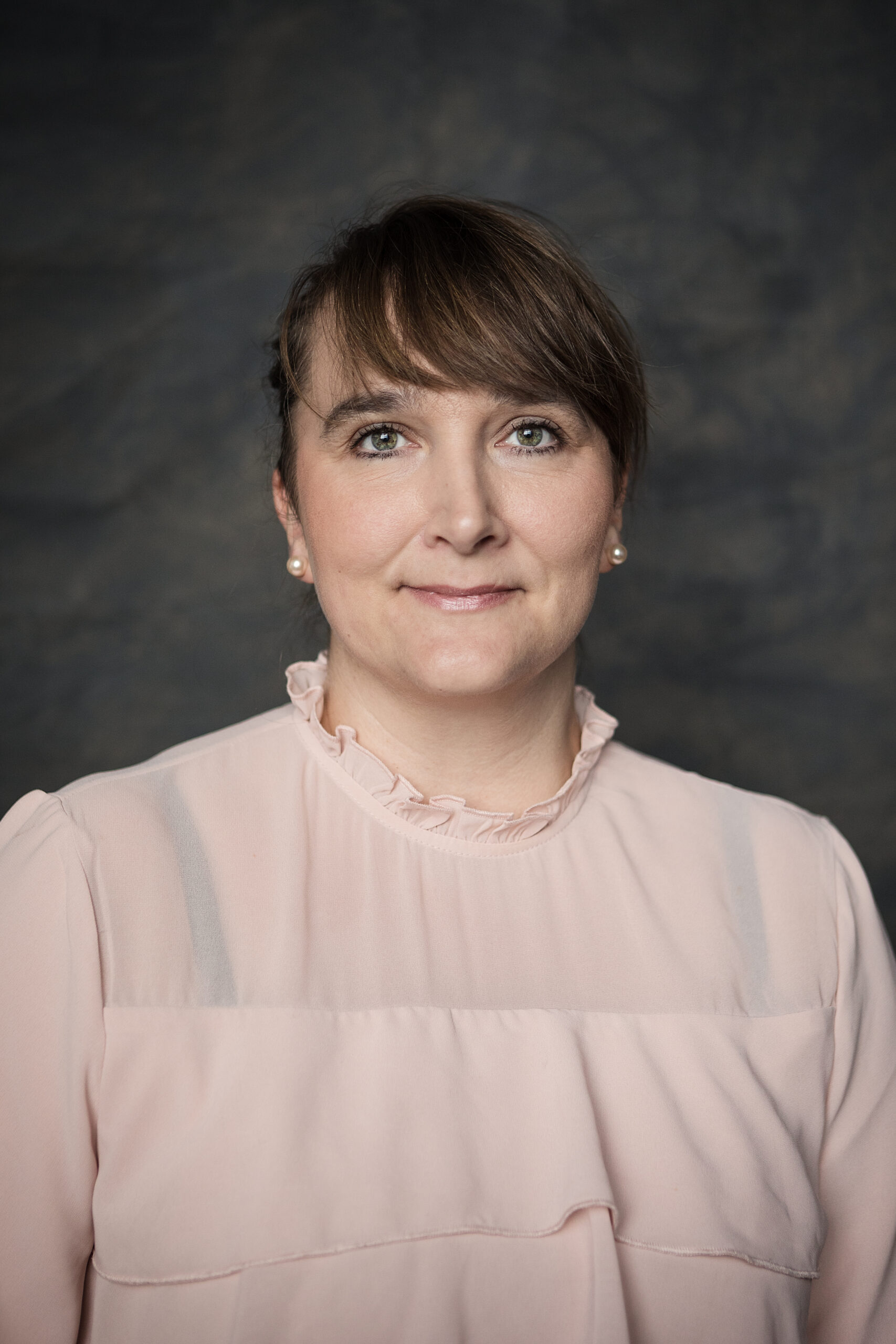
Transgender health care in Iceland
Transgender health care in Iceland began in the 90´s with very few transgender people asking for treatment. The service has grown and more health care professionals joined in the following years, as the demand for transgender health care grew. The National Hospital developed a multidisciplinary team providing services to an increasing numer of people asking for trans health care. A new and rather progressive law was set in 2019 that stated all people had the right to define their own gender identity. The transgender health care team has through the years cooperated with other national multidisciplinary teams for example in Denmark, Sweden and The Netherlands with the aim of providing high quality care according to best practice at the time and has therefore developed the working guidelines according to best practice and the national law. In these turbulent times the team is working towards new working methods at the same time it is facing difficulties in several areas, both within the hospital as well as globally.
Bio
Elsa Bára Traustadóttir is a specialist in clinical- and forensic psychology with 19 years of clinical practice. She has worked with transgender health care since 2014 at The National Hospital in Iceland, in a part time position, along with other clinical and forensic work both within the public as well as the private sector. She has her own private psychology clinic since 2007 where she practices various kind of psychological therapy and assessment.
Elsa graduated as a psychologist in Denmark in 2003 and worked at a security prison there for three years before moving to Iceland. She has since worked at various psychiatric units at the National Hospital, in a rehabilitation center and in a mental health care team for prisons. She has for the last years been the head of the Transgender Health Care Team in Iceland. In 2019 Elsa was appointed as a member of The Committe for the Prevention of Torture (CPT) in respect of Iceland, at the Council of Europe. She was chosen by the committe to be a gender equality rapporteur and has strongly advocated for human rights for the LGBTQI+ population in places of detention and contributes to the committe members awareness of the needs of LGBTQI+ people deprived of their liberty.
Prof. dr. Gary Butler

Transgender health care in the UK
Adolescent gender identity services in England are undergoing major changes under the direction of the National Health Service specialist services commission. Two new centres are being established in the North of England and in London, and another agency to manage the ever increasing waiting list. Transition pathways to adult gender identity clinics are being consolidated. New initiatives for gender services in community care are being piloted. Wales and Scotland have their own gender services.
Bio
Professor Gary Butler is Consultant in Paediatric and Adolescent Endocrinology at University College Hospital in London and holds an Honorary Personal Chair in Child and Adolescent Health at the UCL Great Ormond Street Institute of Child Health.
He has established an adolescent endocrine service at UCLH with focus on problems with puberty with specialist clinics for gonadotropin deficiency, Klinefelter syndrome, and growth disorders. He is the clinical endocrine lead for the adolescent Gender Identity Development Service in England takes an international lead in developing the standards of care for treatment of transgender children and adolescents.
As a result of this and his other achievements in paediatric endocrinology he received the European Society for Paediatric Endocrinology Outstanding Clinician Award in 2020.
Dr. Petra Vrzackova & Viktor Heumann
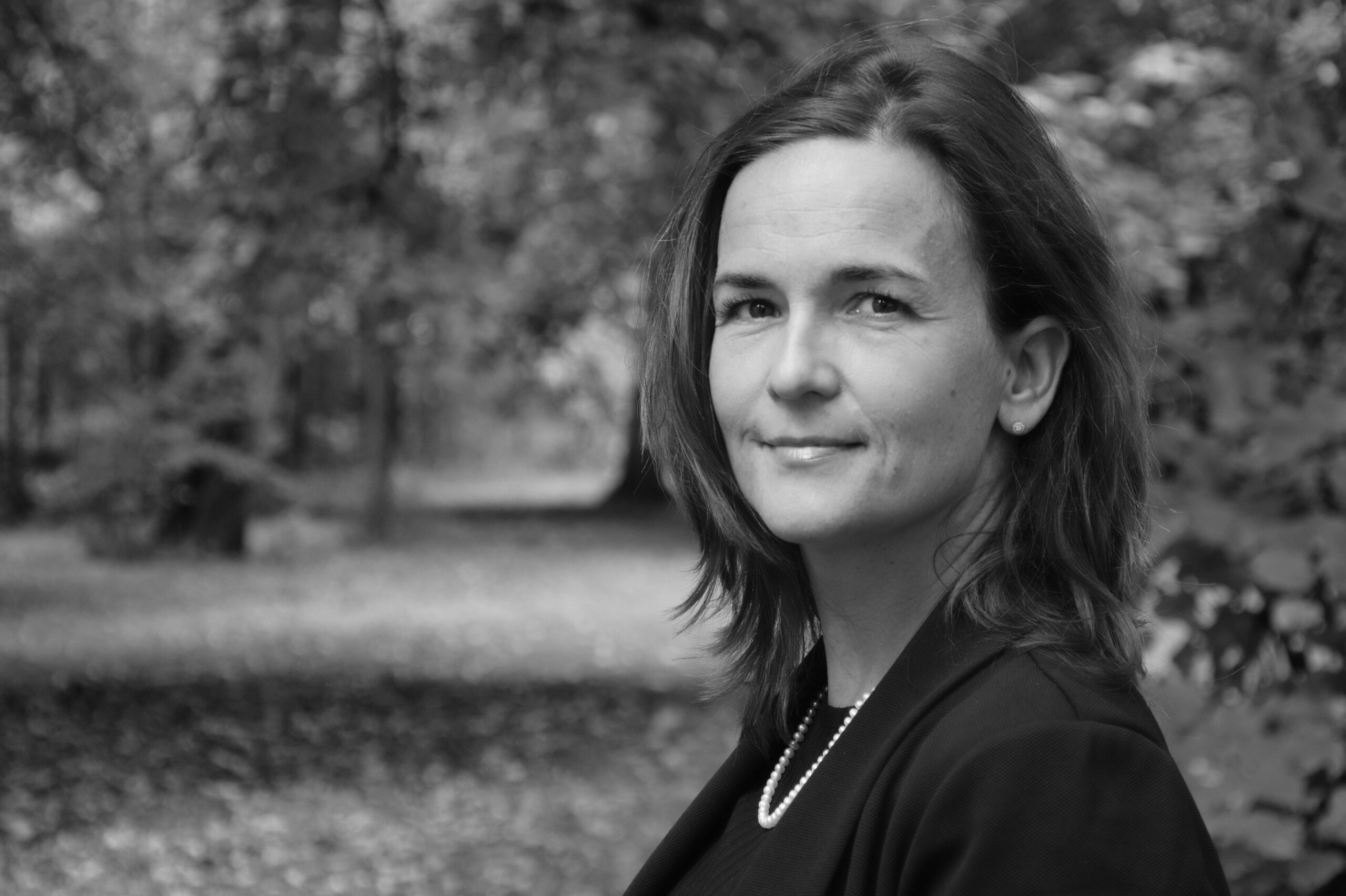
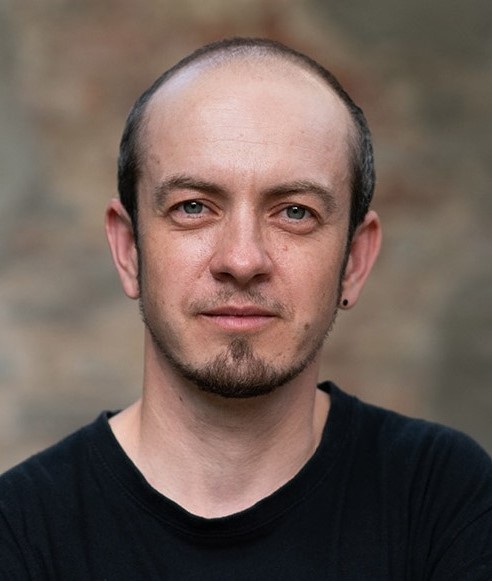
Transgender health care in the Czech Republic
From the perspective of a provider of the trans specific healthcare in the Czech Republic, I would like to address the issues associated with the system of medical transition and the quality of trans specific medical care in Czechia.
In 2018 and 2020, the Czech trans-led organization Transparent compiled two publications of research findings entitled The Hopes and Fears of Trans Persons (396 respondents) and Trans People’s Experience with Medical and Therapy Services (212 respondents) that unveil the perspective of transgender and gender diverse clients with medical services in Czechia. One of the most striking outcomes is the fact that those who reported negative, humiliating and discriminating treatment mostly stated that they have experienced this treatment from care professionals and in medical and care environments.
One of the problematic aspects related to the quality of care in Czechia that often manifests itself as pathologizing and dehumanizing methods applied by experts providing trans-specific healthcare (sexologists) consists in the clash between the old view and the modern approach to gender incongruence. The majority of sexologists still implement outdated diagnostic methods which are underpinned by the belief that the need for and surgery and sterilization is naturally an integral part of the transgender identity of their clients. That is also why the desire for surgical treatment is often taken as one of the key diagnostic criteria. Despite the international progress including the ICD-11 and Standards of Care 8, outdated terminology incl. the terms disorder, transsexualism is still used, and a “cure narrative” is followed that is based on the conviction that medical treatment and interventions such as hormones and surgeries will cure patients suffering from a sex identity disorder to become healthy men or women.
The prevalent approach also fails to cater to the individual needs of the clients and a standardized process for all is promoted: diagnostics, consisting of hormonal treatment and surgery, followed by legal change of the gender marker, birth number and name in documents. Nevertheless, what the clients need most – i.e. psychotherapy, sensitive and respectful support and guidance in the process of transition, is usually neglected.
One of the reasons of such a highly impersonal and objectivising approach seems to be the need to have tangible diagnostic data, therefore employing humiliating instruments such as the falo- or vulvo-pletysmograph as well as prolonged real life experience.
In contrast and in order to cater to the needs of the clients I based my medical practice on trust and respect to the experience of the clients and the model I follow is the informed consent model that represents an agreement between the provider and the client. This approach naturally leads to the improvement in overall health and wellbeing of trans and non-binary clients who seek medical support.
Bio
After graduation from the 1st Medical Faculty of Charles University in Prague, Petra Vrzáčková worked as an obstetrician. She became a Fellow of the European Committee of Sexual Medicine (FECSM), which she studied in Oxford, Lyon and Porto. She completed postgraduate studies in Experimental Surgery with the topic of women’s sexuality after gynaecological surgery. She has psychodynamic and depth psychotherapy (SUR) training and couple and family therapy psychoanalytic training (IPPART). Since 2013 she has been working as a sexologist and therapist focusing on transgender and non-binary clients. She has been closely collaborating with organization Transparent and sharing her expertise in sensitive and informed client care.
Viktor Heumann is the Co-founder of Czech trans-led organization Transparent, founded in 2015 to provide support for trans and non-binary people in Czechia. He is currently engaged in advocacy activities aimed at the improvement of conditions for legal gender recognition (abolition of forced sterilizaton) and improvement of trans-specific healthcare processes. Co-author of 2 research publications mapping the life of Czech transgender and non-binary people as well as healthcare and therapy services, and a handbook on the wellbeing of LGBTI+ communities.
